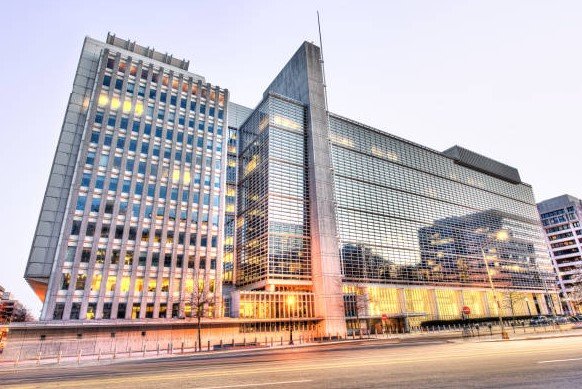The World Bank has launched a new regional hub in Riyadh, Saudi Arabia, to support countries in the Middle East, North Africa, Afghanistan, and Pakistan. This move, announced on September 22, 2025, aims to bring the organization’s leadership closer to local teams and partners for faster decision-making and better aid delivery.
Key Details of the New Hub
The Riyadh hub serves the MENAAP region, which includes diverse nations facing economic challenges and growth opportunities. It is co-located with the World Bank Group’s office for the Gulf Cooperation Council, creating a central point for operations.
This setup allows regional vice presidents and directors to work directly from Riyadh. The announcement came just before Saudi National Day on September 23, highlighting the timing’s significance.
Officials say the hub will focus on key areas like poverty reduction, job creation, and green growth. It marks a shift from the World Bank’s traditional Washington-based model to more decentralized operations worldwide.

Why Riyadh as the Location
Saudi Arabia’s capital offers strategic advantages for the World Bank. The city has become a magnet for international organizations and companies due to government incentives.
Riyadh’s growing role as a business center aligns with Saudi Vision 2030, which pushes for economic diversification beyond oil. The hub supports this by fostering partnerships in finance, education, and infrastructure.
Other global bodies, such as the International Monetary Fund, have also set up offices in Riyadh recently. This trend shows the Kingdom’s push to attract foreign investment and expertise.
The World Bank’s choice reflects confidence in Saudi Arabia’s stability and connectivity to the broader region.
Impact on Regional Development
The hub promises to speed up responses to crises in fragile areas like Afghanistan and parts of North Africa. It will help coordinate aid for issues such as food security and climate change.
Experts predict stronger support for small businesses and women’s empowerment programs. In Pakistan, for example, it could boost projects in education and health.
Here are some expected benefits:
- Faster approval of loans and grants for urgent needs.
- Better collaboration with local governments on sustainable projects.
- Increased focus on youth employment in high-unemployment areas.
The move comes amid global economic shifts, including recovery from recent pandemics and conflicts.
Quotes from Leaders
Ousmane Dione, the World Bank’s Vice President for the MENAAP region, called Riyadh a gateway for transformation and knowledge exchange. He noted the hub’s role in policy innovation.
Saudi officials welcomed the development, seeing it as a vote of confidence in their reforms. They expect it to draw more international talent and investment.
Related Business Trends in Saudi Arabia
Over 600 multinational companies have set up regional headquarters in Riyadh since 2021. This includes firms like Deloitte and IHG Hotels.
The government’s program offers tax breaks and support, making it easier for businesses to operate. Recent data shows foreign direct investment in Saudi Arabia hit record levels in 2024, reaching over $20 billion.
| Company | Sector | Year Established in Riyadh |
|---|---|---|
| Northern Trust | Finance | 2023 |
| IHG Hotels & Resorts | Hospitality | 2024 |
| Deloitte | Consulting | 2022 |
| Bechtel | Engineering | 2025 |
This table highlights a few key players, showing the diverse industries involved.
Looking Ahead
The World Bank plans to expand its team in Riyadh over the next year. This could lead to new initiatives tailored to regional needs, such as digital economy projects.
As global challenges evolve, the hub positions the organization to respond effectively. It also strengthens ties between Saudi Arabia and international development efforts.
What do you think about this development? Share your thoughts in the comments and spread the word to keep the conversation going.
